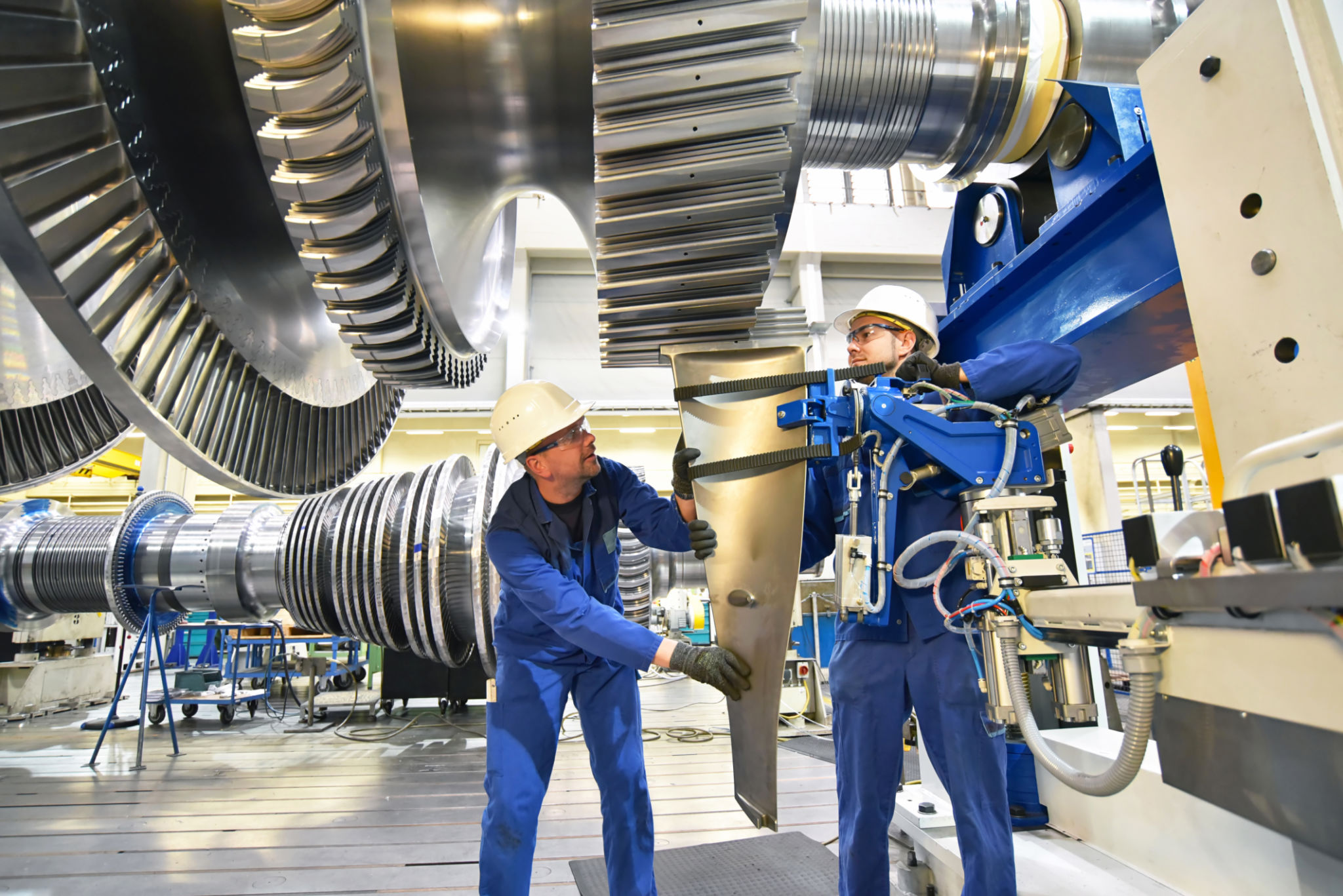Case Study: How German Companies are Using AI to Boost Efficiency
Introduction to AI Adoption in German Industries
In recent years, German companies have increasingly turned to artificial intelligence (AI) as a tool to enhance operational efficiency and maintain their competitive edge. This shift is not just a trend but a strategic move to integrate cutting-edge technology into traditional business processes. From manufacturing to logistics, AI is reshaping the way businesses operate in Germany.

AI in Manufacturing: Revolutionizing Production Lines
Germany, known for its strong manufacturing sector, has embraced AI to optimize production lines. Companies like Siemens and Bosch are using AI-driven automation to enhance productivity and reduce downtime. By implementing predictive maintenance systems, these firms are able to anticipate equipment failures before they occur, significantly reducing maintenance costs and improving overall efficiency.
Moreover, AI is being utilized to improve quality control. Machine learning algorithms can detect defects in real-time, ensuring that only products meeting the highest standards reach consumers. This not only minimizes waste but also enhances customer satisfaction by delivering superior quality products.
Logistics and Supply Chain: Streamlining Operations
The logistics sector in Germany is also benefiting from AI adoption. Companies are using AI to streamline supply chain operations, from route optimization to demand forecasting. DHL, for example, has implemented AI solutions to optimize delivery routes, reducing fuel consumption and improving delivery times. This efficiency not only cuts costs but also reduces the environmental impact.

In addition, AI-powered systems are enhancing inventory management. By accurately predicting demand fluctuations, businesses can maintain optimal inventory levels, reducing both overstock and stockouts. This proactive approach ensures that supply chains remain resilient and responsive to market changes.
AI in Customer Service: Enhancing Customer Experience
Beyond manufacturing and logistics, AI is transforming customer service across various German companies. Businesses are deploying chatbots and virtual assistants to provide 24/7 support, improving customer satisfaction and freeing up human resources for more complex tasks. These AI tools can handle a wide range of inquiries efficiently, ensuring that customer concerns are addressed promptly.
Additionally, AI-driven analytics provide deeper insights into customer behavior, allowing companies to tailor their offerings and communication strategies more effectively. By personalizing interactions, businesses can build stronger relationships with their customers and foster brand loyalty.

Challenges and Future Prospects
While the benefits of AI are significant, German companies also face challenges in its implementation. Issues such as data privacy concerns, the need for skilled personnel, and the integration of AI into existing systems must be addressed. However, with continued investment in research and development, these challenges are being progressively overcome.
Looking ahead, the future of AI in Germany appears promising. As technology advances, we can expect even more innovative applications that will drive efficiency and growth across various sectors. This ongoing evolution will not only benefit businesses but also contribute to Germany's position as a global leader in technology and industry.
Conclusion
The adoption of AI by German companies is a testament to their commitment to innovation and excellence. By leveraging AI technologies, these businesses are not only boosting efficiency but also pioneering new ways of operating in a digital age. As more industries embrace this transformation, the impact of AI will continue to expand, offering exciting opportunities for growth and development.
